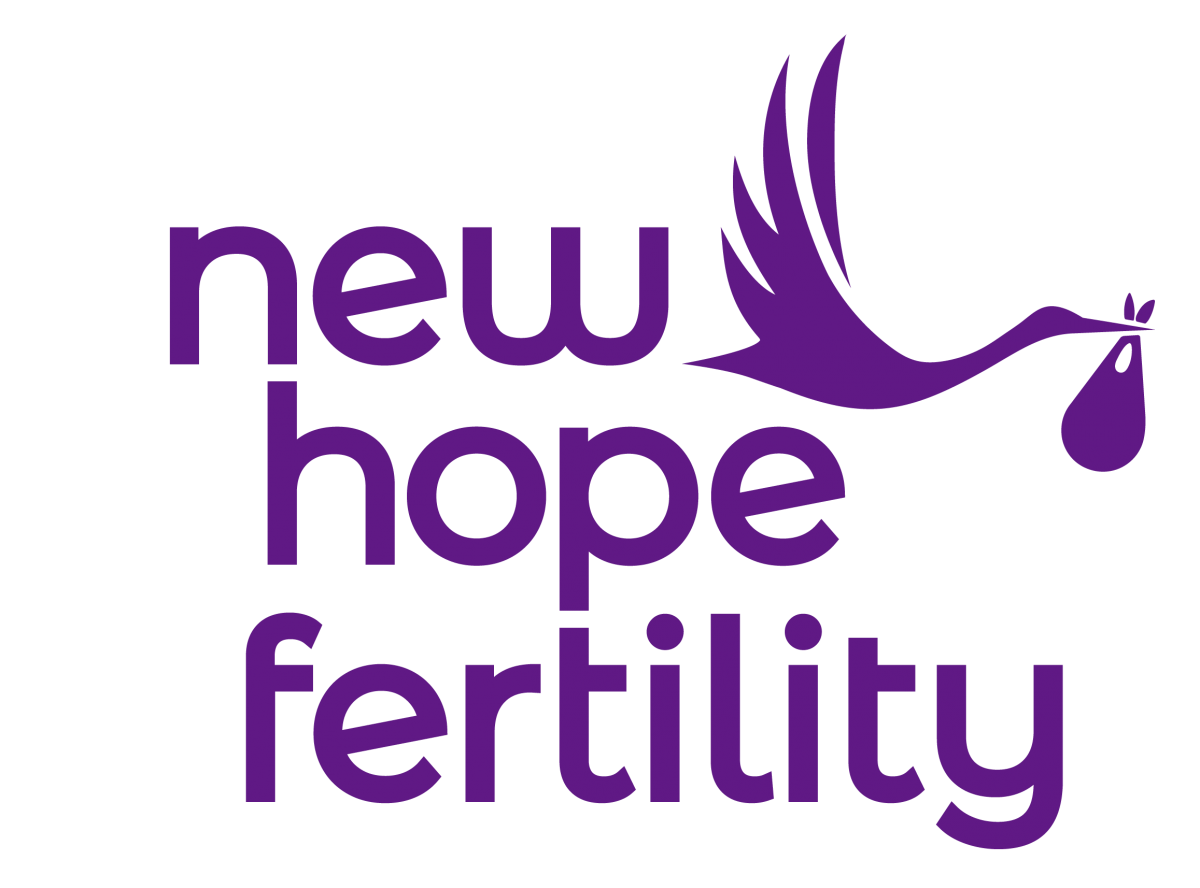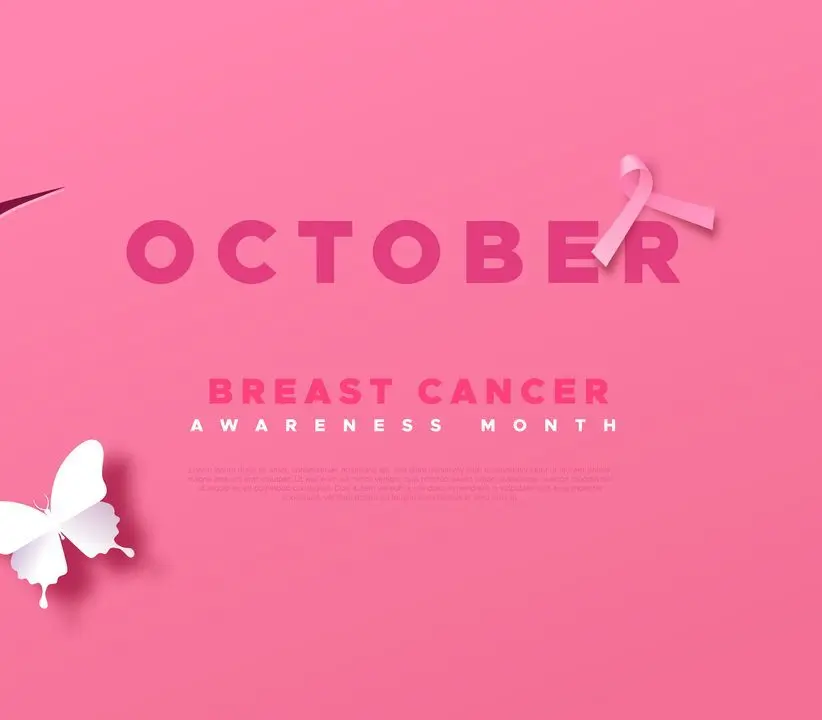In recognition of Breast Cancer Awareness Month this October 2023, we’re making clear one critical aspect of cancer care that goes overlooked: fertility preservation. Most cancers and their treatment have been shown to impact fertility in both males and females. If someone recently diagnosed with cancer plans to have children after treatment, preparation may be needed. The most common step to take before starting treatment is fertility preservation. Fertility preservation, for cancer patients as well as others interested, is when eggs, sperm, or reproductive tissue are saved in a laboratory setting for future use.
Why fertility preservation is important.
Certain types of cancer, including breast cancer and fertility-related concerns, may necessitate surgical interventions that involve the removal of organs or tissue crucial for future pregnancy. Additionally, specific treatments such as chemotherapy can significantly impact hormone levels, causing an increase in the depletion of a woman’s ovarian reserve. This can result in temporary or permanent infertility.
It’s best that discussions about preserving fertility take place before cancer surgery or chemotherapy treatment commences. Don’t assume your doctor or nurse will ask you if fertility is important to you, either.
Fertility preservation for women with cancer
If you are considering taking steps to preserve your fertility, it is important to remember and understand the risks and success rates of any fertility option you are interested in. There is no treatment that works 100% of the time for every patient.
It’s also very important to ask your cancer care team if you can have unprotected sex both during and after cancer treatment. It may be recommended or required of you to wait a number of months or longer before trying to have a child due to the body needing to recover and the lingering effects of the medication you were on.
Cryopreservation:
Freezing embryos or eggs through cryopreservation helps preserve fertility for most females with cancer. It’s important to find a fertility specialist and center that has experience working with cancer patients.
Embryo freezing:
Embryo freezing is an effective way to help preserve fertility for couples. Mature eggs are removed from the female and then fertilized in the lab with the partner’s sperm. This can be done through Conventional IVF methods, where thousands of sperm are placed in a dish with the egg, and the goal is for one of the sperm to fertilize the egg or through ICSI. Intracytoplasmic sperm injection (ICSI) involves taking a single sperm and injecting it directly into the egg to fertilize it. The resulting embryos are then monitored till they reach the blastocyst stage and then frozen for future use!
A woman’s age plays a large role in the chance of pregnancy. Egg quality is higher at a younger age, so freezing at a younger age results in a higher potential for pregnancy. Egg quality affects embryo quality, which makes a difference in thawing. Some may not survive the thawing process if the quality is low or may not implant into the uterus correctly.
Egg freezing:
Egg freezing for cancer patients is also an effective way to help preserve fertility. This may be a good choice for women who do not have a partner, do not want to use donor sperm to make a fertilized embryo, or if they have a religious conflict with freezing a fertilized embryo.
For egg freezing, mature eggs are removed from the female and frozen before being fertilized. When the patient is ready and cleared for pregnancy, the eggs can then be thawed, fertilized, and implanted into the uterus.
Is natural pregnancy possible after cancer treatment?
In females who were fertile before treatment, the body may recover naturally after treatment. Women who are treated for cancer younger than 30 have the best chance of becoming pregnant after chemotherapy. The younger you are, the more likely it is your ovaries will produce fertile eggs after recovery. Women who are 40 or older when they get chemotherapy are more likely to be in menopause after chemotherapy and will struggle to conceive due to a decreased ovarian reserve.
Your medical team may recommend waiting anywhere from 6 months to 2 years before trying to get pregnant. Waiting 6 months may reduce the risk of birth defects from eggs damaged by chemotherapy. The 2-year wait period is generally based on the fact that the risk of cancer relapse is highest in the first 2 years after treatment. The actual length of time depends on the type of cancer and the treatment used.
Why New Hope?
New Hope Fertility Center is home to world-renowned fertility specialists. We custom-design fertility treatments for the individual to increase the chances of a successful pregnancy, which includes IVF after breast cancer or other types of cancers. Above all, our specialists believe in putting the patient first and being with them through every step of the fertility journey. Our team is well-versed in helping women of all ages reach their fertility goals, and we are passionate about educating and supporting our patients throughout their journey. If you want compassionate fertility care, New Hope is the right place for you. Call us at (347) 970-8479 or schedule your initial consultation today!

